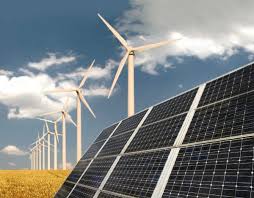The Nigerian government is working assiduously to sustain the Nigeria Gas Flare Commercialisation Programme, which is at the forefront of the country’s energy transition strategy.
The initiative aims to eliminate routine gas flaring, reduce methane emissions, and encourage carbon capture technologies. Additionally, the Carbon Credits Earning Framework seeks to monetise decarbonisation efforts while promoting sustainable energy practices.
Chief executive of the Nigerian Upstream Petroleum Regulatory Commission (NUPRC), Mr. Gbenga Komolafe, who gave the assurances when he spoke on efforts aimed at improving oil production in the country said at the moment, the volume of stolen crude oil in the country has reduced to about 5,000 barrels per day, enabling oil production in Nigeria to rise to 1.75 million bpd as of January 2025.
Speaking at the Renewed Hope Global Town Hall Conference in Abuja, Komolafe said that it was part of the reforms and achievements in Nigeria’s oil and gas sector under the current administration even as the achievements were possible through the adoption of kinetic and non-kinetic interventions.
Komolafe explained that, owing to the intervention, crude oil production that dipped to 1.1mbpd in 2022 has now soared to 1.7mbpd.
He projected that oil production will increase by one million bpd by the end of 2026.
“Oil theft that led to a drastic drop in production to 1.1 million bpd in 2022. He, however, noted that through kinetic and non-kinetic interventions, oil theft has significantly reduced to 5,000bpd, leading to a steady production increase to 1.7 million bpd,” the statement said.
He further outlined the government’s goal to boost production under the Project 1 MMBOPD initiative, which will rely on collaboration among operators, service providers, financiers, and host communities.





